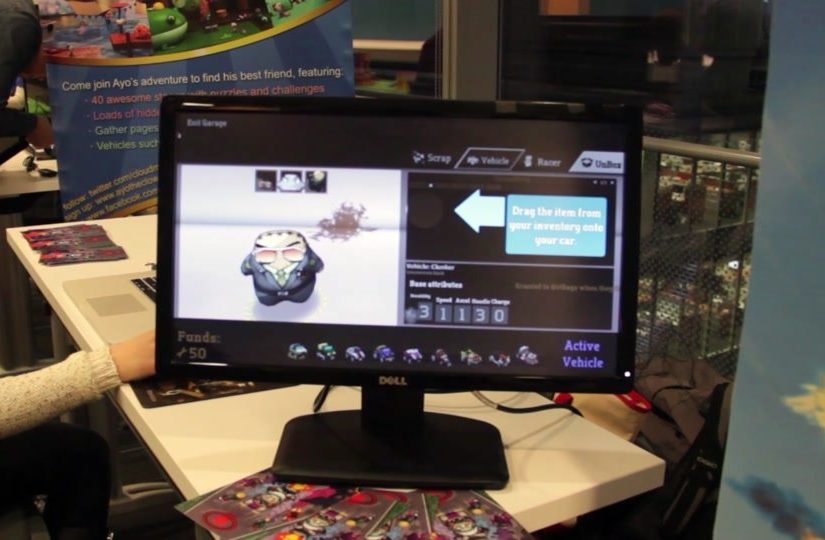Since the early days, video games have been targeted as a contributor to violent tendencies, anti-social behavior, and poor physical health. But are those accusations accurate? I say no. The problem here is that there doesn’t seem to be a distinction between responsible gaming and gaming addiction. These two activities have entirely different results in one’s development as a person.
To be honest, it’s not fair to cite video games as a primary influencing factor in school violence. That logic is tantamount to declaring that the sun rose because the rooster crowed. Gaming is a universal activity now, at the same time that crime is decreasing globally.
What we do need to do is learn how to see things for their intended purpose. And what is the purpose of gaming, if not to entertain? Moreover, its true purpose (and the sole factor that sets it apart from books and movies) is to give its intended audience the ability to affect change in each of their stories. Suddenly, you’re no longer a passenger on a train, but a pilot whose decisions determine where and how the story proceeds.
The most effective way to develop a skill is to undergo training that’s related to that particular skill. Video games provide just that experience with varying degrees of decision-making. The concept of overtraining also applies here, because it must be admitted that video games can cease to be a tool for self-development and they begin to become an addiction.
So, how exactly do video games improve one’s decision-making skills? Simple. Gamers get repeated chances to practice the art of collecting and processing information from their surroundings (or, rather, the game’s surroundings).
This regular training ultimately allows them to gather and process information more quickly. And this is done without having to sacrifice accuracy. All these factors combine to develop faster decision-making skills. And these aren’t half-thought decisions either.
According to this study that was conducted at the University of Rochester, individuals who play first-person shooters regularly develop a heightened sensitivity to their surroundings. This awareness not only applies to video games but also to daily activities such as driving, reading, multitasking, and navigating through new areas.
The brain is constantly processing data from the environment. The ability to expedite this process allows gamers to make quick and accurate decisions. This is also due in large part to their brains being so trained that they become efficient collectors of visual and auditory information.
It’s this ability to process information quickly and efficiently that could also mean the difference between success and failure, life and death. And this quick thinking and quick action benefit almost every profession.
So, what can we infer from this information? Pretty much what we’ve known all this time, that training is the key to the improvement of skills. Video games are just another avenue for us to train these skills. Not only that, but they make for great entertainment – I can’t lie. Just be sure not to fall into the trap of gaming addiction.
This is a Contributor Post. Opinions expressed here are opinions of the Contributor. Influencive does not endorse or review brands mentioned; does not and cannot investigate relationships with brands, products, and people mentioned and is up to the Contributor to disclose. Contributors, amongst other accounts and articles may be professional fee-based.

